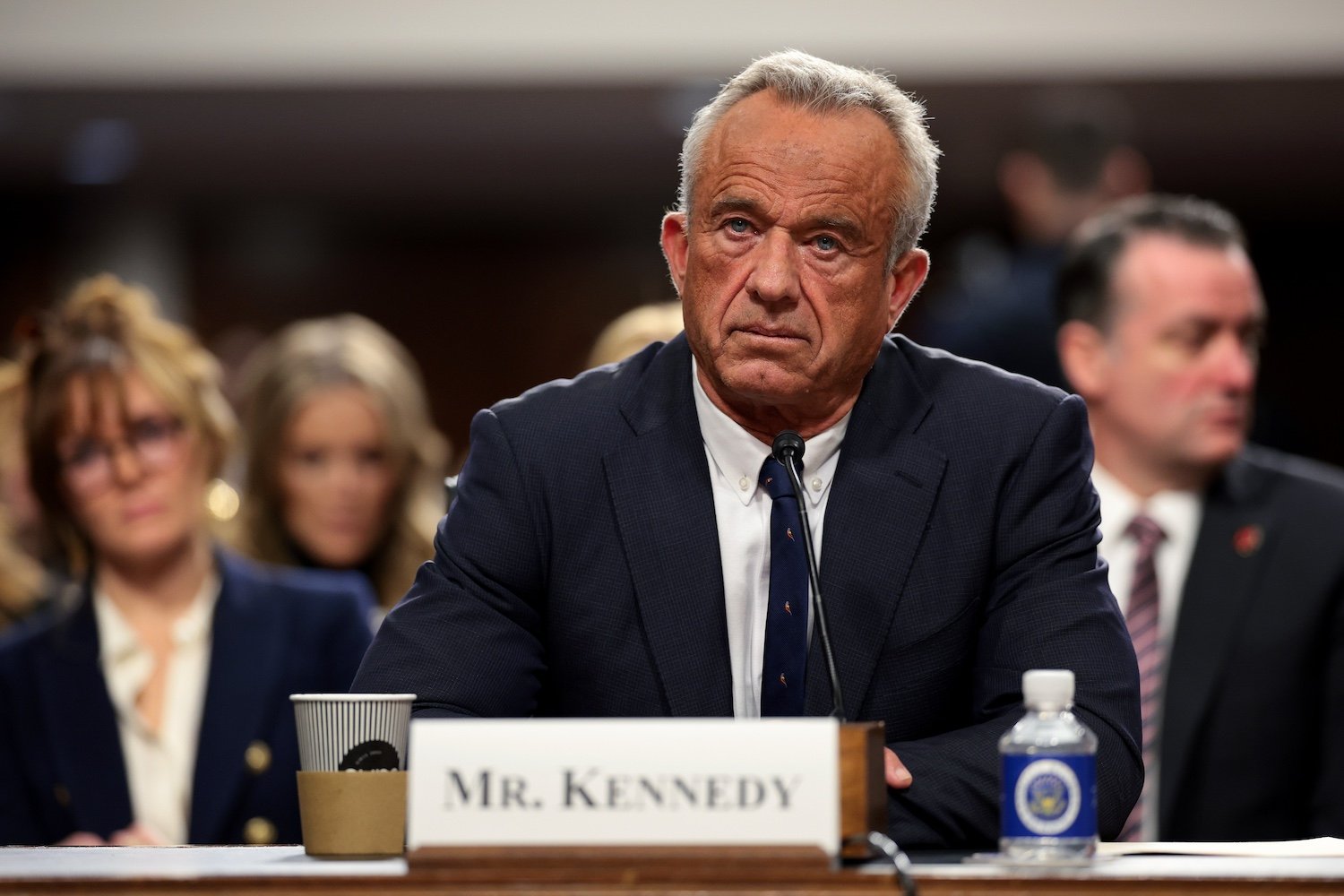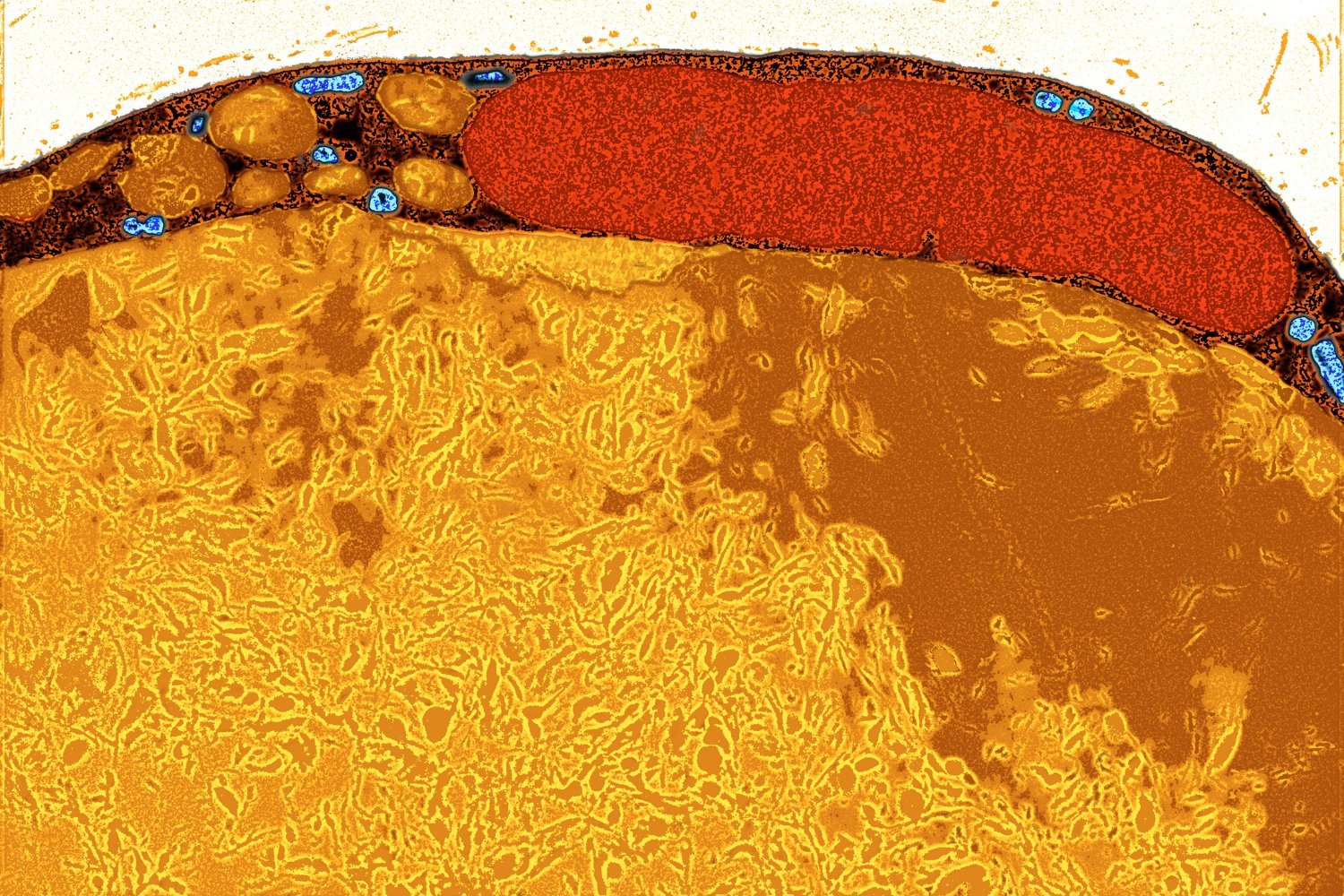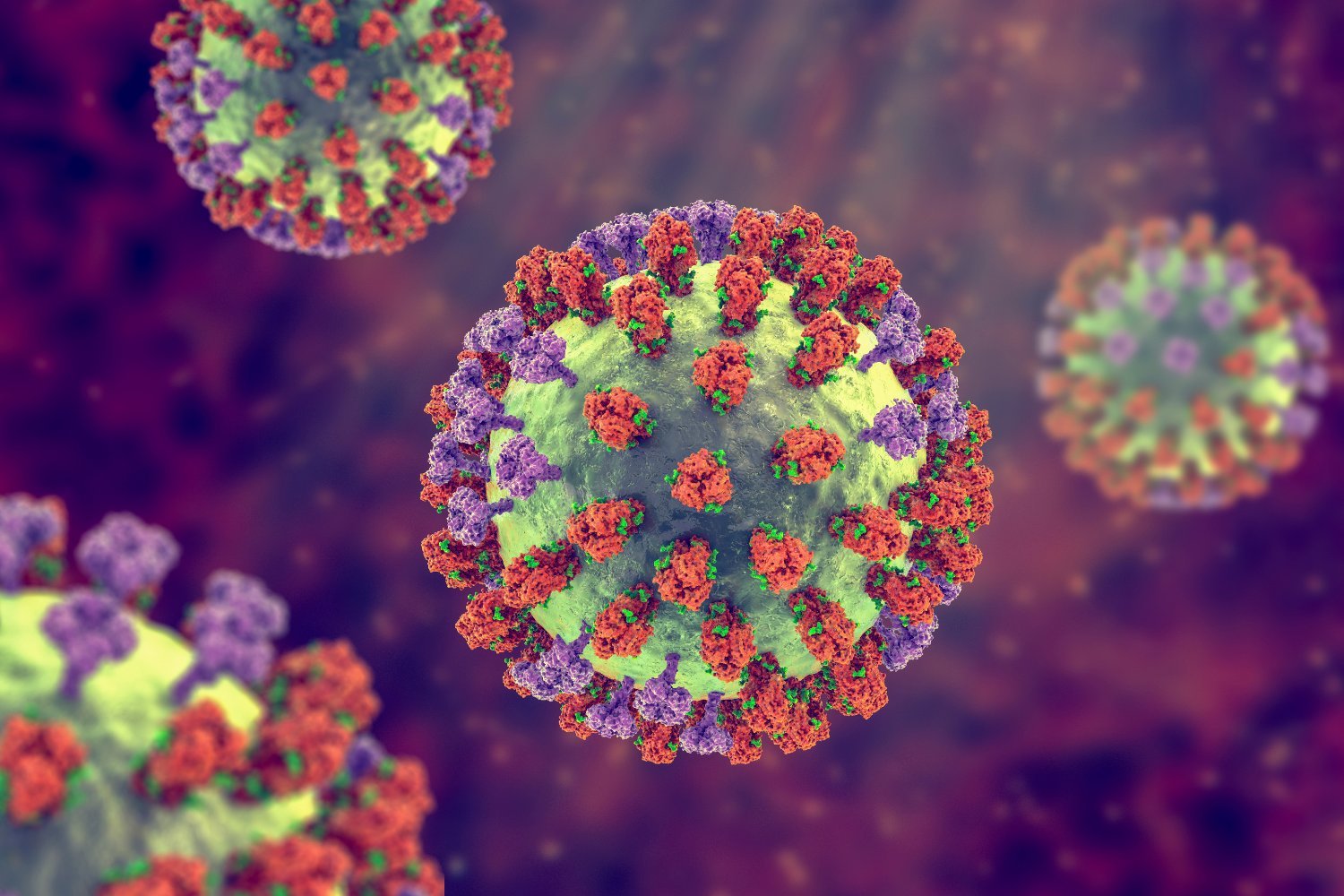Robert F. Kennedy Jr. is a significant step closer to leading the U.S. Department of Health and Human Services (HHS). On Tuesday, the Senate Finance Committee narrowly approved his nomination, paving the way for a full Senate vote. The 14-13 decision, split strictly along party lines, has drawn sharp criticism from medical and public health experts due to Kennedy’s controversial views on health issues.
Kennedy, formerly a Democrat, launched a third-party presidential bid last year before endorsing Donald Trump in August 2024. Trump, in turn, pledged to give Kennedy considerable authority over public health policy if elected. Following his victory, Trump nominated Kennedy to head the HHS, fulfilling his campaign promise.
While Kennedy has earned praise for his past environmental activism, he has a history of making misleading and inaccurate claims about crucial health matters, particularly vaccination. As the former head of Children’s Health Defense, Kennedy has become a prominent figure in the anti-vaccine movement.
His involvement with the Samoan anti-vaccination movement in 2019 has drawn particular scrutiny. Kennedy visited Samoa months before a devastating measles outbreak claimed the lives of 83 people, predominantly children under five. He supported local anti-vaccine activists and met with government officials. Despite this, Kennedy has downplayed his role in the outbreak, even contradicting Samoa’s Director-General of Health, Alec Ekeroma, who labeled Kennedy’s claims about the death toll a “total fabrication.”
Kennedy’s controversial stances extend beyond vaccines. In his 2021 book, The Real Anthony Fauci, he questioned the established link between HIV and AIDS. He has also suggested a link between a “gay lifestyle,” including the use of poppers, and the AIDS epidemic. Furthermore, he has promoted the conspiracy theory of chemtrails, claiming that airplanes intentionally release harmful chemicals into the atmosphere. He has even stated his intent to stop this alleged “crime” if given the authority.
Despite these controversial positions, Republican committee members voted to advance Kennedy’s nomination. Senator Thom Tillis, in support of his vote, argued that Kennedy would bring positive change to the American healthcare system.
The Senate is now set to hold a full vote on Kennedy’s confirmation. The outcome remains uncertain, but the committee’s approval marks a significant milestone in his path to leading the HHS.











